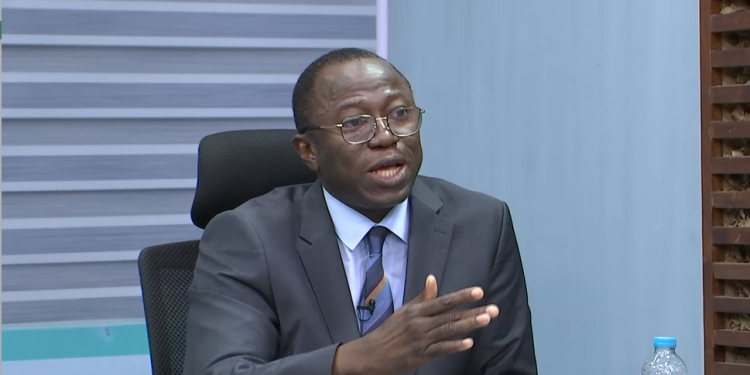Dr. Opoku Ware Ampomah, Chief Executive Officer of Korle-Bu Teaching Hospital, has clarified the recent closure of the hospital’s renal unit.
He explained that the closure, which occurred weeks ago, was due to a shortage of essential supplies needed to operate the unit effectively.
The Korle-Bu Teaching Hospital has since reopened its outpatient renal dialysis unit after resolving the supply shortage, which had forced its closure for three weeks.
Renal patients had planned to picket at the unit on Wednesday, August 21, to protest the shortage, which had denied them vital medical care. However, with the timely delivery of the necessary supplies, the hospital resumed dialysis sessions on the same day.
In an interview on The Point of View on Channel One TV, Dr. Ampomah discussed the factors that contributed to the delay in receiving the supplies.
He explained that during the shortage, the hospital could only attend to emergency and in-patient cases, while outpatient dialysis services were temporarily suspended, and patients were advised to seek alternative facilities for their treatment.
“For this current situation, we have been engaging with our supplier after we had paid, settled our obligations and were expecting the next delivery of consumables. This has been packed since March this year, we were told that they were having issues with shipping lines. We were told that it was a global phenomenon, where they were not getting enough ships to come through because of what was happening in the Suez Canal and other places. So, it affected supply but, then we were assured that it would come in eminently.
“Unfortunately, it only arrived at the beginning of July, we’re expecting that the paperwork would be ready for the shipping lines so that we can clear it from the port. But unfortunately, it took a while for the shipping lines to get the paperwork released to us. It was emails, and phone calls back and forth. We didn’t have the supplies…
“We decided to take care of the only emergencies and in-patients, and asked the outpatients to patronise the other facilities around in the meantime for us to get going,” he told host Bernard Avle.
Dr. Ampomah acknowledged the patients’ concerns and frustrations regarding the closure of the renal unit, explaining that although dialysis services were available at other facilities, the patients preferred Korle-Bu’s affordable prices and sought to continue their treatment there.
“One of the things stirring up this whole thing is not that there are no options for dialysis, but because Korle-Bu is the only place they can get other prices [affordable].”


